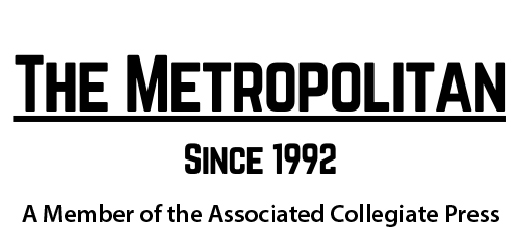Learning From Our Past and The Effects of World Anxieties

By: Ryan Wolfe
May 22, 2025
Steven Spielberg’s Empire of the Sun, featuring a young Christian Bale, vividly captures the chaos and uncertainty of war. Set during the Japanese occupation of China, just after the outbreak of WWII, the film follows Jim, a privileged British boy living in Shanghai, whose world is shattered when Japanese troops invade. Separated from his parents, he is thrust into a harsh POW camp, where he must endure years of struggle and survival.
Beyond its gripping historical narrative, Empire of the Sun offers a profound exploration of empathy, illustrating how war’s devastation extends beyond the battlefield—affecting not just soldiers, but civilians trapped in its wake.
An estimated 20 million Chinese soldiers and civilians lost their lives during the Sino-Japanese War, which later merged into World War II (1937-1945). The conditions in prison camps were brutal and inhumane, drawing comparisons to the Nazi concentration camps in Germany. The rise of fascism in Italy, Germany, and Japan offers valuable lessons for modern-day society, as conflicts around the world continue to bring tragedy to countless lives.
Wars and mass killings continue to devastate Ukraine, Palestine, the Congo, Sudan, and many other nations. The Geneva Academy reports over 45 armed conflicts spanning four continents, raising alarms for the U.N. and NATO. As violence escalates, global stability weakens, yet meaningful action remains elusive.
There’s no universal solution to ending violence worldwide—many obstacles stand in the way, from dictatorships and terrorism to economic instability and political turmoil. In some regions, fear silences voices, preventing people from challenging their own governments. Strict censorship laws in countries like North Korea and Russia further suppress dissent, making open criticism dangerous.
Empire of the Sun exposes the devastation caused by war-driven nations, where dictators seize power and leave destruction in their wake. The fight for control silences voices, preventing people from standing up to oppression. Many flee rather than endure harsh conditions at home, fueling mass migrations—Latin American immigration to the U.S. has surged 40% to over 200%, while thousands from Africa have moved to Europe in recent decades.
Political upheaval, economic hardship, and climate crises drive many to leave their home nations. The journey requires immense sacrifice, but staying behind often means enduring unbearable conditions. War and chaos leave people with little choice but to flee in search of stability. Instead of just focusing on migrants, more attention should be given to the root causes of instability in their home countries. If democracy is to stand strong, global unrest cannot be ignored. As Americans, we often take our security and freedoms for granted, overlooking the immense struggles faced elsewhere.
